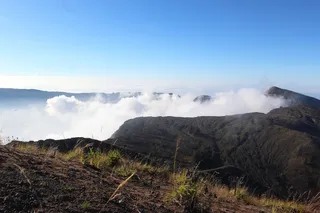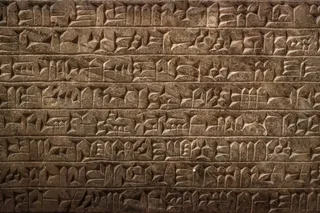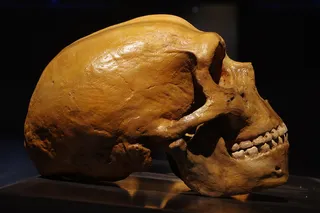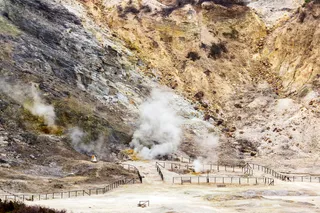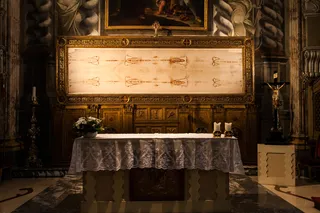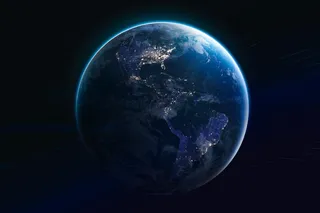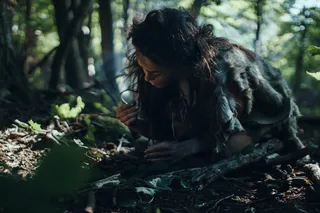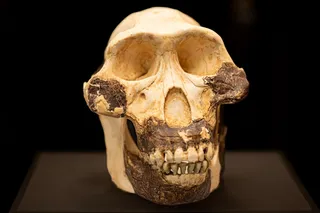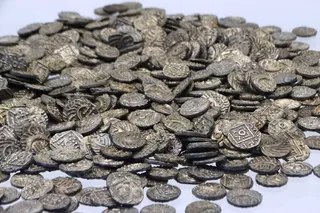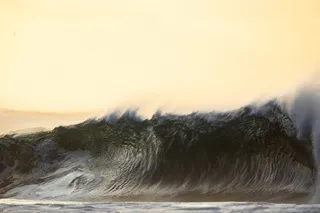We've made it! The 2018 Geology World Cup Finals are here. One of the semifinal matches was really a squeaker while the other featured a blowout. Final Match: Perú vs. Iceland
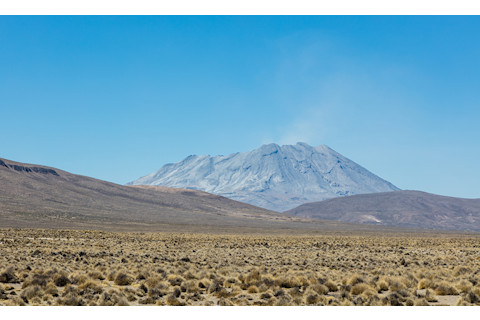
Ubinas, an active volcano in southern Perú, seen in 2015. Wikimedia Commons. You'd have to say, Perú was a dark horse in this tournament. This is not to say the country doesn't have spectacular geology, but they took out Russia, Colombia and Croatia to reach the finals. Perú is known for its volcanoes, including the 1600 eruption of Huaynaputina, one of the largest eruptions in South America in the past few thousand years -- a VEI 6 eruption that likely impact global climate. The local impacts of the eruption and a vivid description were recorded by Catholic priest Antonio Vázquez de Espinosa. did you know the country was hit by a meteorite in 2007? It was a chrondritic meteorite that might represent some of the earlier stuff of our solar system. Perú is also home of some remarkable early whale fossils that could represent the link between land-dwelling and sea-dwelling whales.
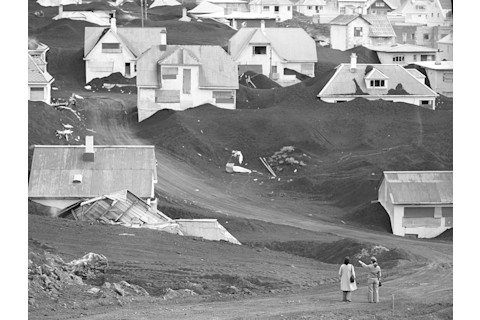
Houses buried by cinder and ash from the Heimaey eruption in Iceland, 1973. Wikimedia Commons. Meanwhile, our other finalist blew past Japan, Australia and Iran to reach the finals easily. It isn't really a surprise, though. The smallest country (by population) in the 2018 World Cup is one of the most dynamic places on Earth. Multiple geologic features and processes are Icelandic words, like geyser (geysír) and jökulhlaup (glacial outburst flood). The 2014-15 Holuhraun lava field eruption near Barðarbunga was the largest basaltic eruption in over 240 years and one of the largest sulfur dioxide producing eruptions in over 35 years. It is the site of one of the few occasions where humans were able to divert lava flow, preventing lava from blocking a vital fishing harbor at Heimaey in 1973. One of the most remarkable things about Iceland is also its use of geothermal energy -- thanks to all that magmatism beneath the island, it can produce more energy than the country could ever use. So, cast your vote for the champion in the 2018 Geology World Cup!



